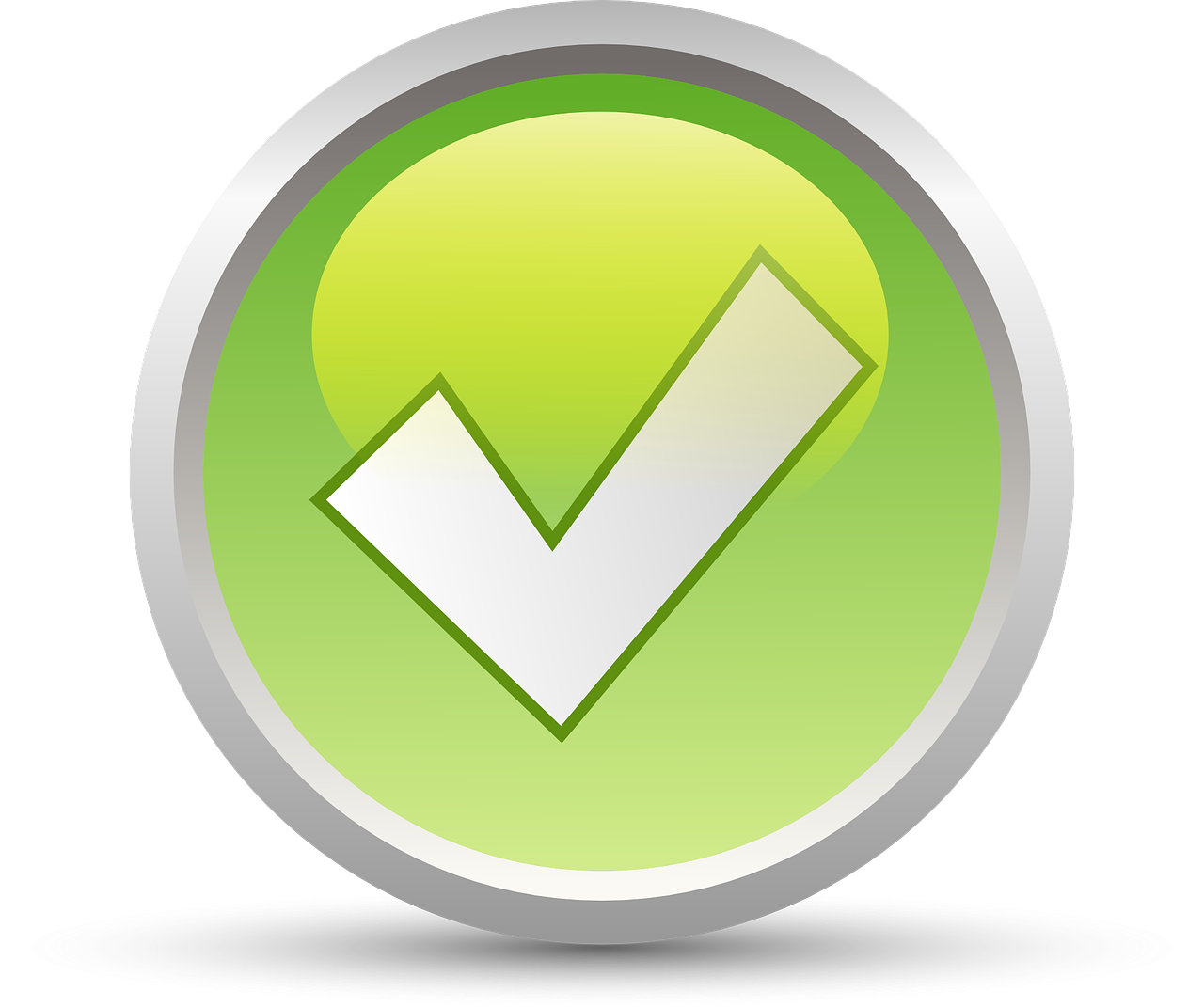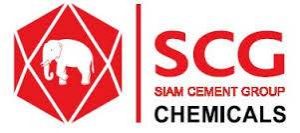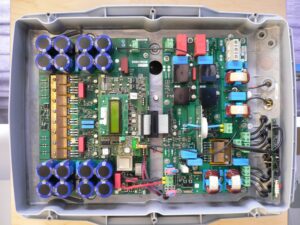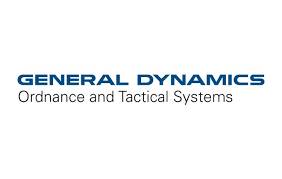Case Study
Accredited verification helps Swedish manufacturer prove sustainability
Summary
The ISO/IEC 17029 conformity assessment standard helps organizations verify the correctness of statements made by their customers – a truly valuable service in what’s increasingly referred to as our “post-truth” world.
In this pioneering case, Swedac accredited a verification body, which itself authenticates sustainability and social responsibility claims made by others. Following its accreditation, the first client the conformity assessment body (CAB) worked with was a Swedish packing manufacturer. As a result, the manufacturer’s sustainability statements could be deemed to be correct according to the stipulated program – giving both it and the CAB a competitive advantage, and hopefully inspiring others to follow suit.
Background
With the launch of the ISO/IEC 17029 conformity assessment standard, organizations can be accredited to verify the correctness of statements made by their clients. This means that the accuracy of claims made by companies and organizations are held to the same standards as the quality of the products and services they provide. Now, in the same way that a laboratory can be accredited for testing and control of – for example – water quality via ISO/IEC 17025, organizations that have been accredited for ISO/IEC 17029 can confirm whether statements made by their own clients are, in fact, correct.
We can understand what this means in context by looking at the case of a CAB, based in Sweden. The CAB was the very first organization to receive ISO/IEC 17029 accreditation from Swedac. Its client, a packaging manufacturer, wanted to be able to verify the claims made in its self-declaration sustainability communication: so, following accreditation, the CAB was then able to examine and substantiate those claims.
The market is increasingly flooded with bold statements, particularly in relation to sustainability. A lot of the time, the companies making these claims engage organizations to verify them. ISO/IEC 17029 lets these organizations stand out from the crowd. Accredited third parties can verify the claims and ensure that they are accurate, and in line with standards. And purchasers or the end consumer can also be reassured that the claims they read are not empty or exaggerated, but correct.
Strategy
Swedac assessed the CAB’s verification process by following the requirements laid out in verification Program SIS/TS3 – visiting its offices and making sure that all routines and processes followed the guidelines laid out in the Program.
Meanwhile, the CAB became involved in verifying the correctness of the packaging manufacturer’s sustainability claims. The packaging manufacturer started the process itself at first, by answering the 52 questions that can be found in SIS/TS2 Corporate social responsibility – Maximizing the contribution to sustainable development – Self-declaration. These questions were themselves developed from the ISO 26000 standard for social responsibility in organizations, the United Nations’ Agenda 2030 program and the seventeen Sustainable Development Goals.
Once this was done, the CAB verified these answers to determine whether the information that the packaging manufacturer published was correct. The CAB visited the company, interviewed different employees and analyzed the packaging manufacturer’s code of conduct and sustainability report as part of the process. Here, Swedac observed the CAB to ensure that the way in which it carried out its own verification was in line with the accreditation standards and program.
Ultimately, the accreditation of the CAB and verification of the packaging manufacturer’s claim happened in conjunction with one another – by closely examining how the CAB worked to verify the packaging manufacturer’s claims, Swedac could be satisfied that the ISO/IEC 17029 accreditation requirements were met.
Results and impact
The immediate result of the CAB’s own accreditation was that it gained a strong competitive advantage. The CAB is now able to say that its services are accredited according to international conformity assessment standards, giving it an extra level of credibility.
There is also a knock-on effect. Whenever a company seeks verification for its claims, the standards must be met across the board. For large companies and multinationals, the high standards must be met everywhere they operate – regardless of regional regulatory differences. If they are not, the claims cannot be verified.
To use accredited verification or validation bodies also has a great potential in other areas when it comes to verifying or validating claims.
Contact
Peter Kronvall, peter.kronvall@swedac.se






